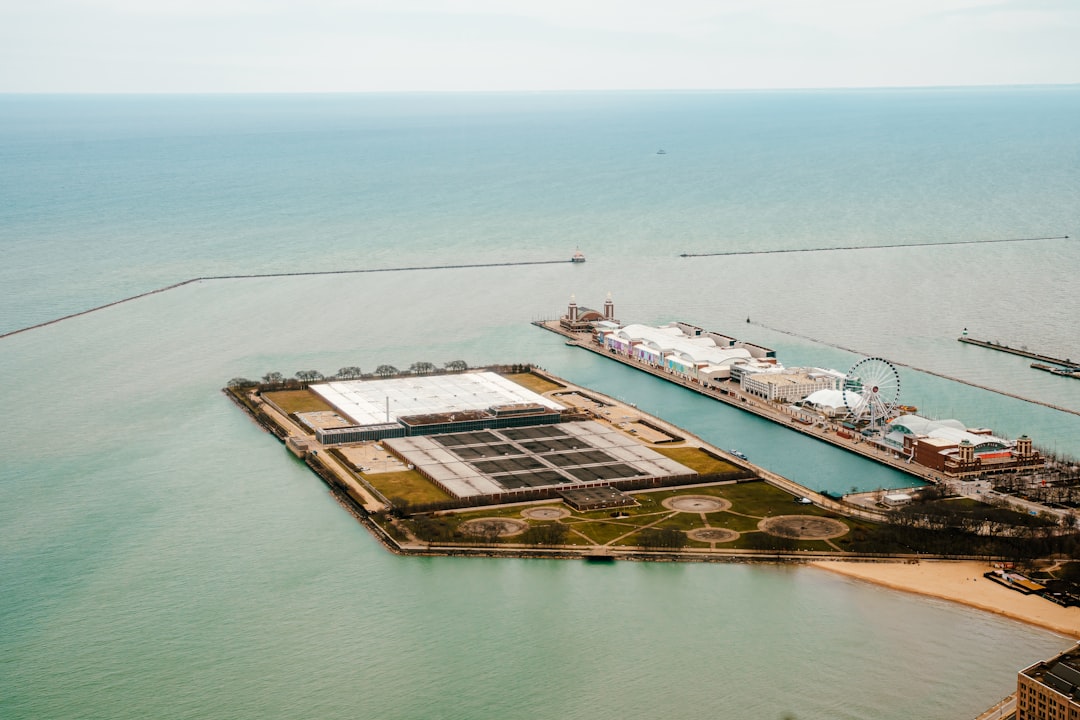The National Do Not Call Registry in Bloomington, Illinois, empowers consumers to curb unsolicited calls, especially from telemarketers. Businesses must meet FTC criteria to register and avoid calling opt-in numbers, facing penalties for non-compliance. A No Call Lawyer Illinois can guide companies through state and federal regulations, fostering customer relationships while respecting privacy. By adhering to these rules, businesses enhance their image, maintain positive relationships, and thrive in a competitive market.
Bloomington businesses can significantly enhance customer relations by understanding and utilizing the National Do Not Call Registry. This comprehensive guide explores how local companies can access and leverage this powerful tool, ensuring compliance with Illinois’ strict regulations. Learn about eligibility criteria, effective registry usage, legal implications for unregistered calls, and strategies to foster positive relationships post-registry adoption. For expert advice on No Call Lawyer Illinois, continue reading.
Understanding the National Do Not Call Registry
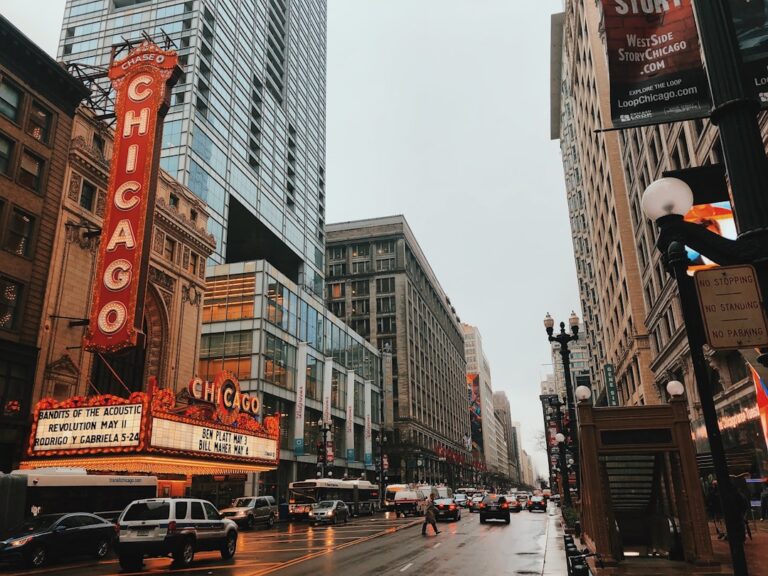
The National Do Not Call Registry is a significant tool for consumers who wish to curb unsolicited phone calls, especially from telemarketers. This registry allows individuals to register their telephone numbers and opt-out of receiving marketing or sales calls. It’s a right granted by law, ensuring that citizens can have control over the phone calls they receive. In Illinois, where many Bloomington businesses operate, there are specific regulations in place to protect residents from unwanted calls, making it crucial for companies to understand and comply with these rules, especially when employing telemarketing strategies. A No Call Lawyer Illinois can guide businesses on navigating these legal requirements to avoid potential penalties and ensure customer satisfaction.
By registering numbers on the national registry, Bloomington residents contribute to a quieter, more peaceful communication environment. Businesses that respect this preference not only adhere to legal boundaries but also foster positive relationships with their customers. It’s a win-win situation where consumers can enjoy peace of mind and businesses can maintain a professional image by respecting customer choices. Understanding and utilizing the Do Not Call Registry is an essential step for companies aiming to thrive in today’s competitive market while adhering to ethical marketing practices.
Eligibility Criteria for Business Registration
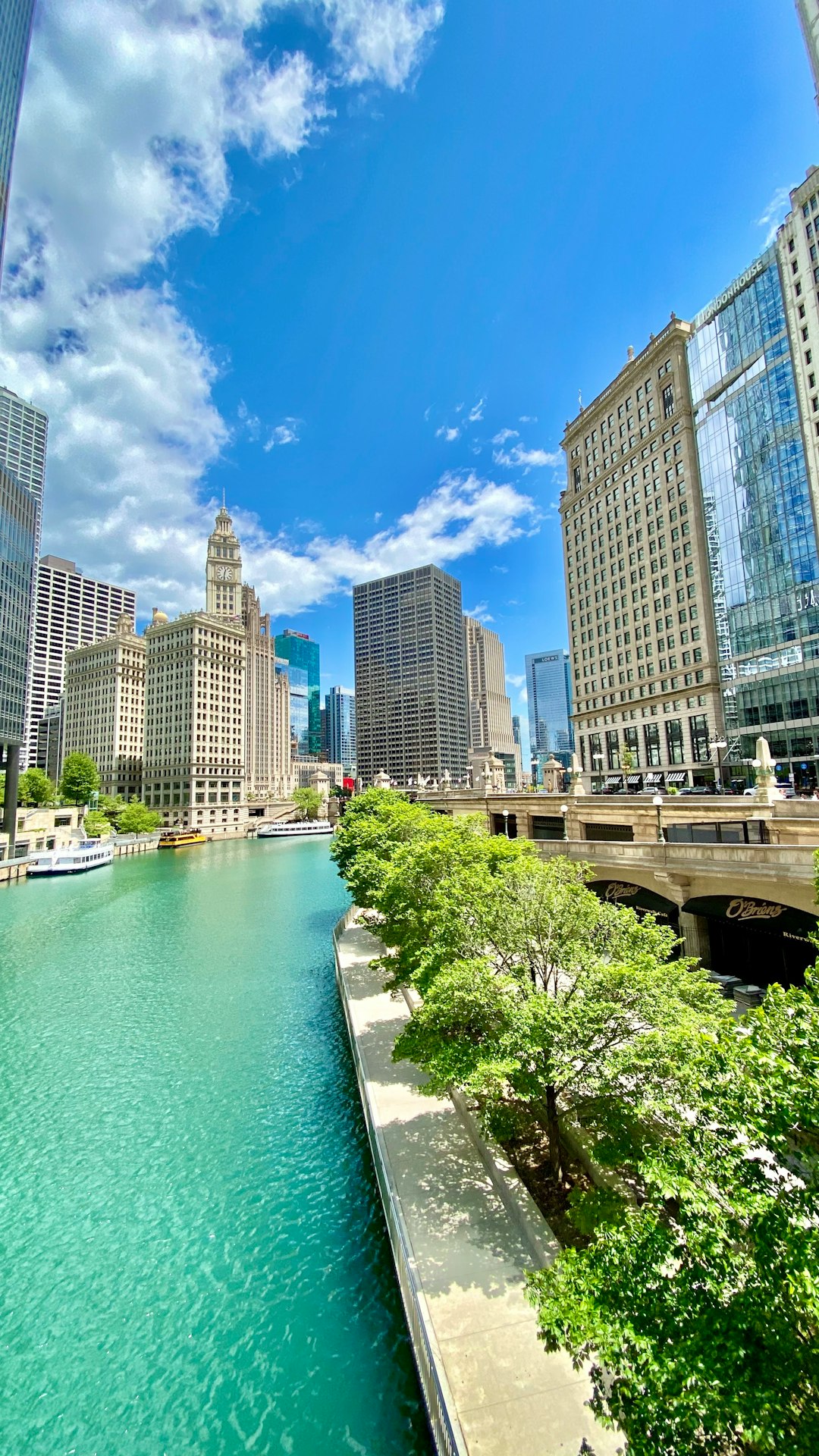
To register your Bloomington business for the National Do Not Call Registry, your company must meet specific eligibility criteria set by the Federal Trade Commission (FTC). Primarily, businesses engaging in telemarketing activities are required to comply with this registry. This includes companies making outbound telephone calls for commercial purposes, soliciting donations, or offering products and services over the phone.
The registration process is open to all legitimate businesses operating within the United States, including small local enterprises in Bloomington. However, it’s crucial to note that not all types of organizations are eligible. Non-profit organizations, debt collectors, and companies with specific legal obligations regarding calls (like medical or financial institutions) may have different requirements and restrictions. For instance, a No Call Lawyer Illinois might have specific guidelines they must adhere to when contacting clients. Understanding these nuances is essential before attempting to register your business to ensure full compliance with federal regulations.
Accessing and Using the Registry Effectively
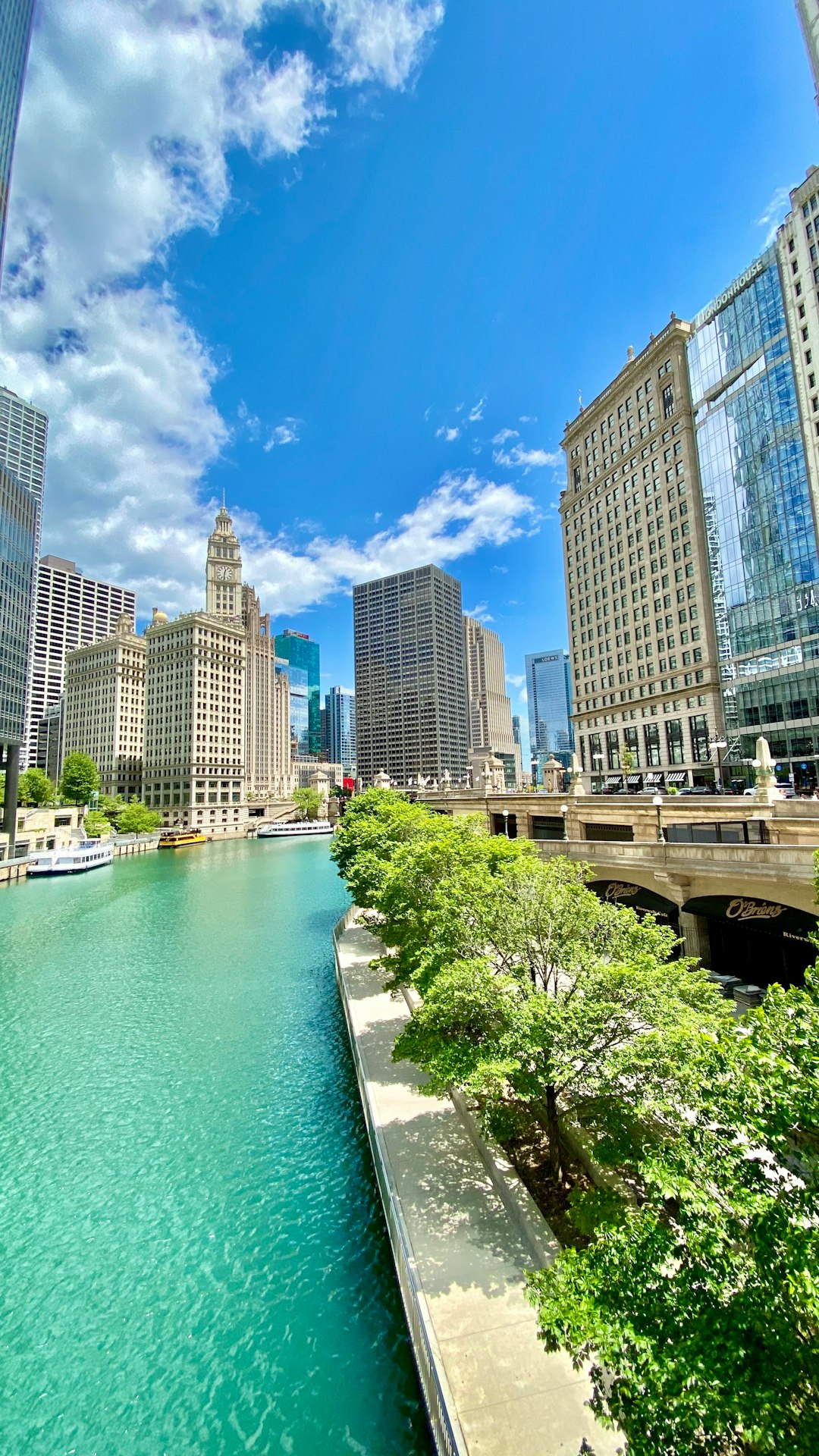
Accessing and using the National Do Not Call Registry effectively is a game-changer for Bloomington businesses, especially those looking to connect with customers while respecting privacy preferences. The first step is to ensure your business is compliant with regulations by registering with the Illinois Secretary of State, as required by state laws. Many No Call Lawyer Illinois services offer assistance in this process, making it less daunting for local businesses. Once registered at the state level, the next crucial move is to sync your customer data with the federal Do Not Call Registry. This seamless integration ensures that your marketing efforts avoid unsolicited calls to opt-in numbers.
By utilizing these resources, Bloomington businesses can enhance their customer relationships and maintain a positive image. It’s essential to remember that while the registry helps prevent unwanted calls, it also empowers consumers to choose how they want to engage with businesses. Effective use of the Registry involves segmenting your customer base, allowing for targeted yet respectful marketing strategies. This approach ensures that your efforts reach the right audience, fostering stronger connections without intruding on personal space.
Legal Implications for Unregistered Calls in Illinois
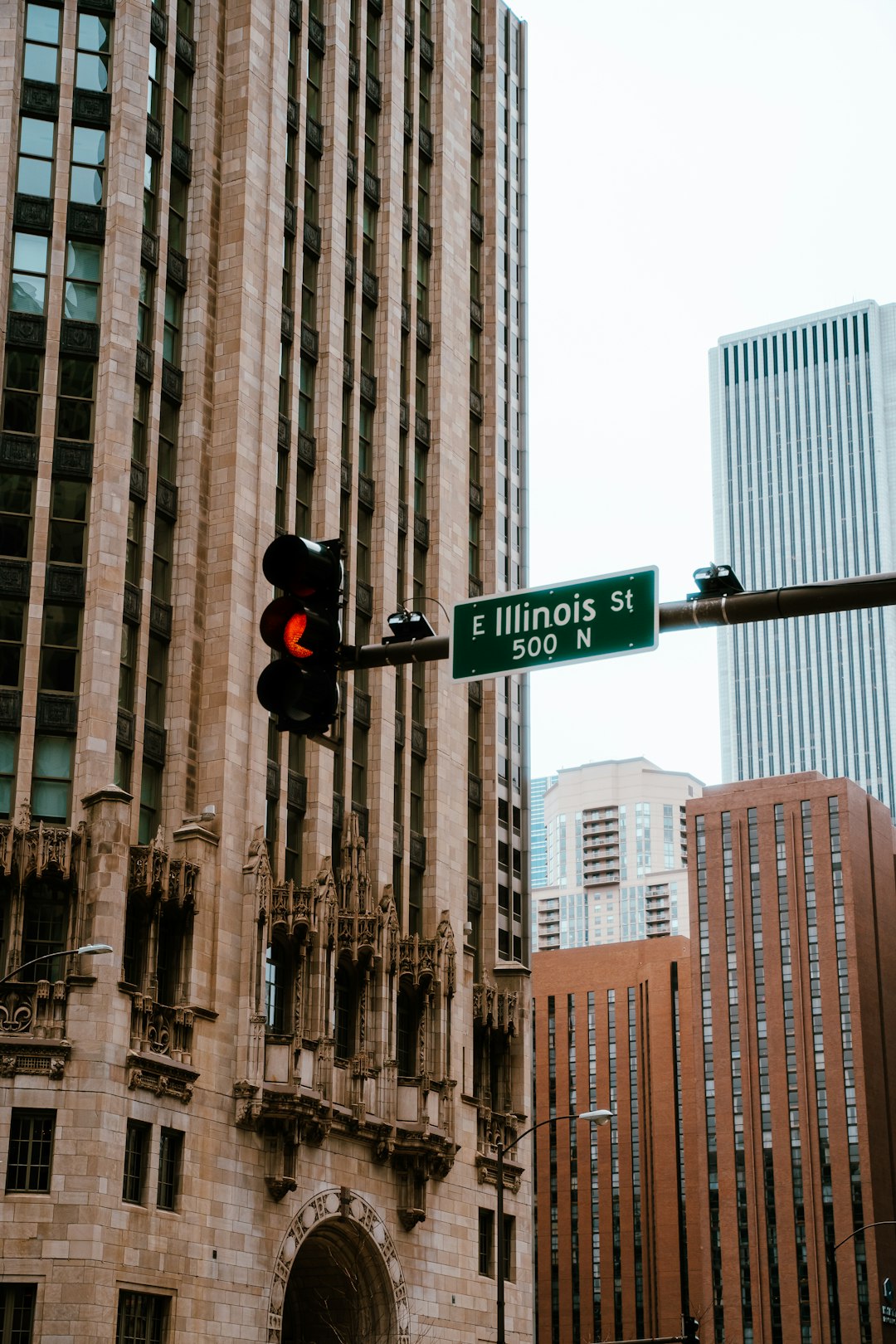
In Illinois, including Bloomington, businesses must adhere to strict regulations regarding telemarketing practices. Making calls to numbers listed on the National Do Not Call Registry (NDNCR) without prior consent is illegal and can lead to significant legal consequences. A No Call Lawyer in Illinois can help businesses navigate these regulations, ensuring compliance and avoiding potential penalties.
The Telephone Consumer Protection Act (TCPA) of 1992, which includes provisions for the NDNCR, imposes strict restrictions on automated or prerecorded calls made to telephone numbers listed on the registry. Businesses found guilty of making unauthorized calls may face substantial fines, currently as high as $500 per violation, with additional damages if it’s determined that the calls caused harm to consumers. These legal implications underscore the importance of verifying consent before initiating any telemarketing campaigns to avoid becoming entangled in legal disputes and potential financial losses.
Strategies to Enhance Customer Relations Post-Registry Usage
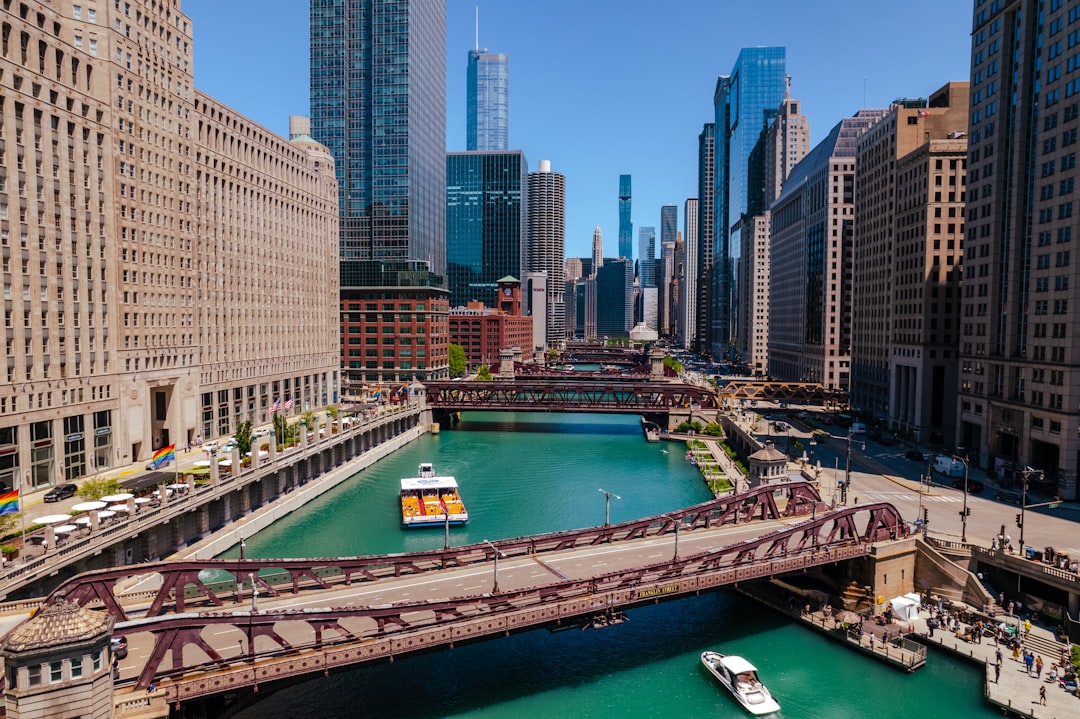
After businesses in Bloomington register with the National Do Not Call Registry, they can significantly improve their customer relations strategies. One effective approach is to focus on personalized communication and tailored marketing efforts. By segmenting their customer base, companies can ensure that those who have opted out of sales calls still receive relevant and valuable content. This might include targeted email campaigns or personalized offers through alternative channels like SMS or social media.
Additionally, training staff members to respect the do-not-call preferences and proactively offering opt-out options during interactions will foster customer trust. A No Call Lawyer in Illinois can provide guidance on legal obligations and best practices for compliance, ensuring that businesses maintain a positive reputation and strong relationships with their customers while adhering to regulations.




